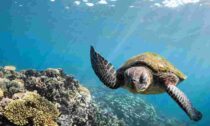
The relatively pristine coral populations of WA’s inshore Kimberley region are better equipped to survive ocean warming than the World Heritage-listed Ningaloo Marine Park, according to a new Curtin University study.
Despite previous research predicting coral species would move south to cooler waters to protect themselves, the new study — published in Molecular Ecology — has found this may not hold true on the West Coast of Australia.
The new study, which investigated coral population connectivity and adaptive capacity, has found corals growing in different reef systems in north-western Australia are genetically isolated from each other.
The findings were based on the genetic data of a reef-building coral, Acropora digitifera, sampled from five well-known reef systems...
Read More











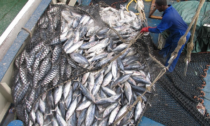
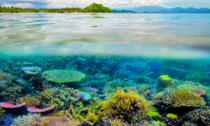
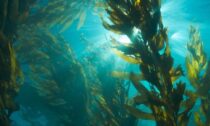
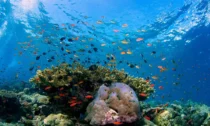
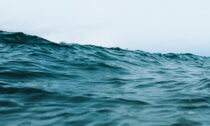
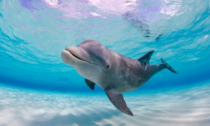
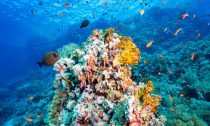

Social Profiles